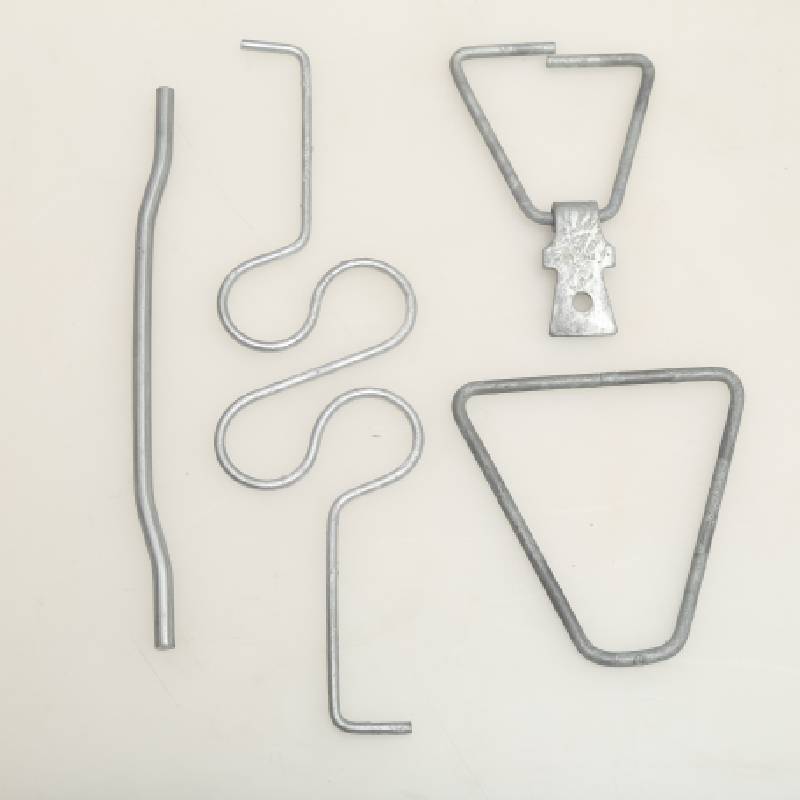
- Mobile Phone
- +8613931874955
- sales@cntcmetal.com
field fencing supplies
Field Fencing Supplies A Comprehensive Guide for Every Need
When it comes to protecting livestock, crops, and property, field fencing serves as a critical component for farmers and landowners alike. The right fencing not only establishes boundaries but also enhances security and safety for both animals and humans. In this article, we will explore the various types of field fencing supplies available and provide insights on selecting the best options for your specific needs.
Types of Field Fencing
1. Barbed Wire Fencing This is one of the most popular types of fencing for agricultural use. Barbed wire consists of two or more strands of wire with sharp barbs spaced along the wire. It is particularly effective for containing livestock and is cost-effective. However, it is essential to consider that barbed wire can pose injury risks to animals and humans alike.
2. Chain Link Fencing Chain link fencing is made from galvanized steel and is known for its durability. It provides a clear boundary while allowing visibility and airflow. This type of fencing is ideal for protecting smaller animals, gardens, and crops from larger wildlife. It can also be enhanced with privacy slats to provide additional security.
3. Electric Fencing Electric fencing has gained popularity in recent years due to its effectiveness in both deterring predators and containing livestock. The system operates by delivering a mild electric shock through the fence line. It is vital to ensure that the electric fence is well-maintained and properly installed to ensure the safety of the animals and humans.
4. Wooden Fencing Wooden fencing is another aesthetically pleasing option for field fencing. It provides a rustic look and can be configured to suit different land layouts. However, wooden fences require regular maintenance, including painting or staining, to withstand the elements and prevent decay.
5. Woven Wire Fencing Known for its strength, woven wire fencing is composed of horizontal and vertical wires interwoven to create a mesh. This type of fencing is suitable for containing livestock and can keep out wild animals. It is a preferred choice for farmers who want a long-lasting and sturdy option.
field fencing supplies

Selecting the Right Supplies
Choosing the right field fencing supplies involves considering several factors
- Purpose Identify the primary reason for installing the fence. Is it to keep animals in, keep intruders out, or both? Understanding the purpose can guide the selection process.
- Budget Field fencing varies widely in cost. While some options like barbed wire are more budget-friendly, others like wooden fencing may entail higher upfront costs but provide added aesthetic value.
- Durability Evaluate the climate and environmental factors that may affect the fencing materials. For instance, areas with high moisture may benefit from galvanized or synthetic materials that resist corrosion.
- Local Regulations Before installing any fence, it’s crucial to check local zoning laws and regulations. Some areas may have restrictions on fence height, materials, and placement.
Conclusion
Investing in the right field fencing supplies is essential for maintaining the integrity of your land and livestock. From barbed wire to woven wire, each type of fencing offers unique benefits tailored to specific needs. By considering factors such as purpose, budget, and local regulations, landowners can make informed decisions that enhance the overall productivity and safety of their agricultural operations. With the right fencing in place, farmers can ensure a secure environment for their livestock and crops, ultimately leading to a more successful farming venture.
share:
-
Yard Sign Stakes: Reliable Guardians of Outdoor SignsNewsAug.04,2025
-
Wall Ties: Invisible Guardians of Building StabilityNewsAug.04,2025
-
Resilient Web: The Super Guardian Power of Concrete MeshNewsAug.04,2025
-
Masonry Accessories: A versatile assistant on building foundationsNewsAug.04,2025
-
Iron Binding Wire: the 'invisible reinforcement specialist' in the fields of architecture and industryNewsAug.04,2025
-
Dynamic Spring: The diverse functions and excellent performance of Wire Tension SpringNewsAug.04,2025
-
Your Source for Concrete Wall Ties and Masonry AccessoriesNewsJul.10,2025



















